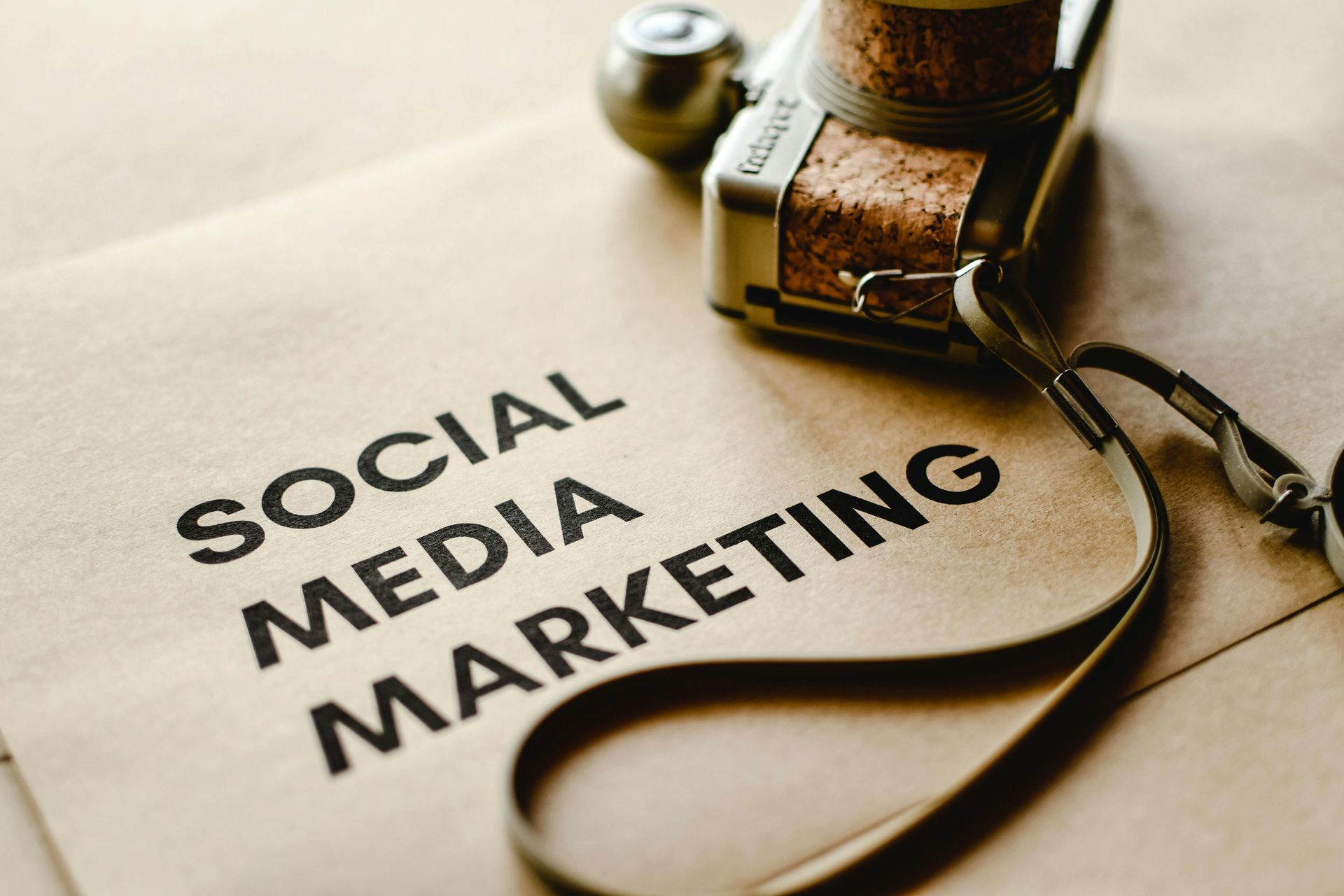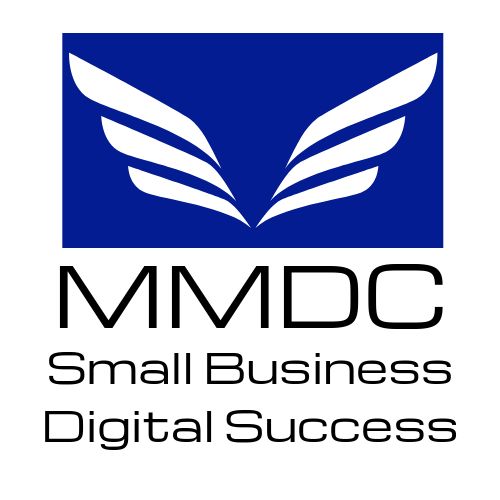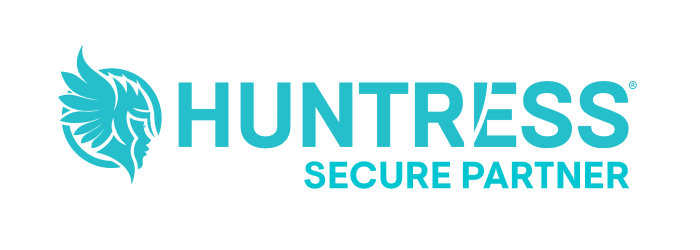The 5 Most Important Types of Marketing Technology and the Best Platforms
The Power of MarTech and the Top Platforms to Elevate Your Marketing Strategy

Marketing technology, or MarTech, is essential for businesses looking to enhance their marketing efforts. Choosing the right technology can seem overwhelming with many available platforms and tools. To simplify things, we’ve identified the five most important types of marketing technology and the best platforms for each. Whether optimizing for customer engagement or seeking better data insights, these tools will help you execute and manage successful campaigns.
1. Customer Relationship Management (CRM)
CRM software is essential for businesses that want to manage customer interactions, streamline sales pipelines, and improve customer service. It centralizes customer data, making it easier for marketing, sales, and support teams to track and manage customer relationships efficiently.
Best Platform: Salesforce is the industry leader in CRM. It offers many features, including sales automation, marketing automation, and customer service tools, all powered by AI-driven insights. Its flexibility and scalability make it a popular choice for small and large businesses. Some alternatives to Salesforce are HubSpot, Zoho CRM, and Pipedrive.
2. Email Marketing Platforms
Email Marketing remains one of the most effective channels for nurturing leads and driving conversions. Email marketing platforms help businesses design, send, and track email campaigns, offering segmentation, personalization, and automation tools.
Best Platform: Mailchimp is one of the most popular email marketing platforms, known for its ease of use and automation features. From A/B testing to audience segmentation, Mailchimp provides powerful tools to help businesses engage their email subscribers effectively. Alternatives to Mailchimp include Constant Contact, ActiveCampaign, and GetResponse.
3. Social Media Management Tools
Businesses must maintain a consistent and effective presence with billions of people active on social media. Social media management tools allow businesses to schedule posts, track engagement, and analyze performance across multiple platforms, all from a single dashboard.
Best Platform: Hootsuite is widely regarded as one of the best social media management tools. It supports a range of platforms, including Facebook, Instagram, LinkedIn, and Twitter, and offers detailed analytics and scheduling tools to keep your social media strategy on track. Other alternatives include Sprout Social, Buffer, and Later.
4. Marketing Automation Software
Marketing automation platforms enable businesses to automate repetitive tasks like email follow-ups, lead nurturing, and campaign tracking. This saves time, improves efficiency, and allows for more personalized customer interactions at scale.
Best Platform: Marketo is a comprehensive marketing automation platform that offers advanced tools for lead management, email marketing, and analytics. It helps businesses build customized workflows and streamline their marketing operations. Alternative platforms include Pardot, HubSpot, and ActiveCampaign.
5. Analytics and Reporting Tools
Businesses need accurate and insightful analytics to measure the success of marketing campaigns. Analytics platforms help track website traffic, customer behavior, and campaign performance, providing key insights that inform future strategy.
Best Platform: Google Analytics is the go-to platform for tracking website traffic and user behavior. Its deep integration with other Google products makes it a powerful tool for analyzing campaign performance and optimizing digital marketing efforts. Other alternative platforms include SEMrush, Adobe Analytics, and Matomo.
Technology is a game changer in the world of digital marketing. Businesses can streamline operations, improve customer engagement, and achieve better results by leveraging the right tools for CRM, email marketing, social media management, marketing automation, and analytics. As you assess your marketing technology stack, consider these five types of MarTech and the platforms best suited for your specific needs.
By investing in these tools, your business will be better equipped to handle the complexities of modern marketing and drive sustained growth.












